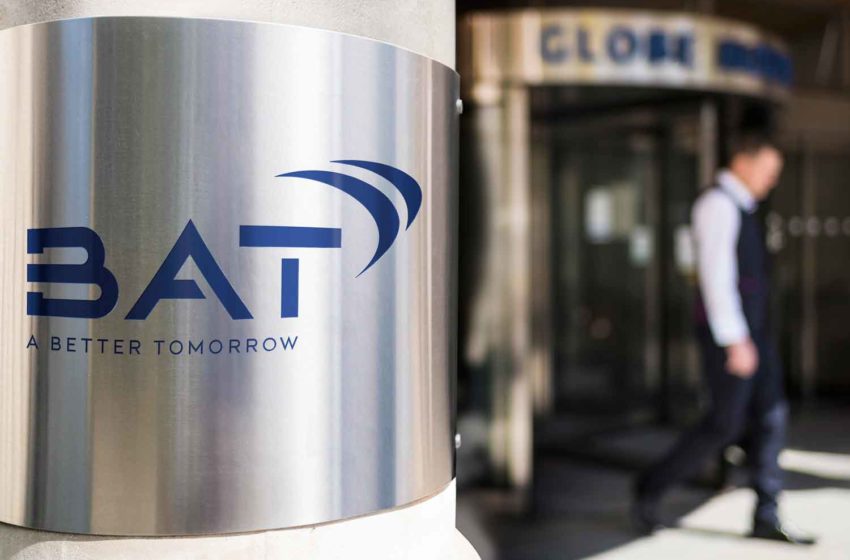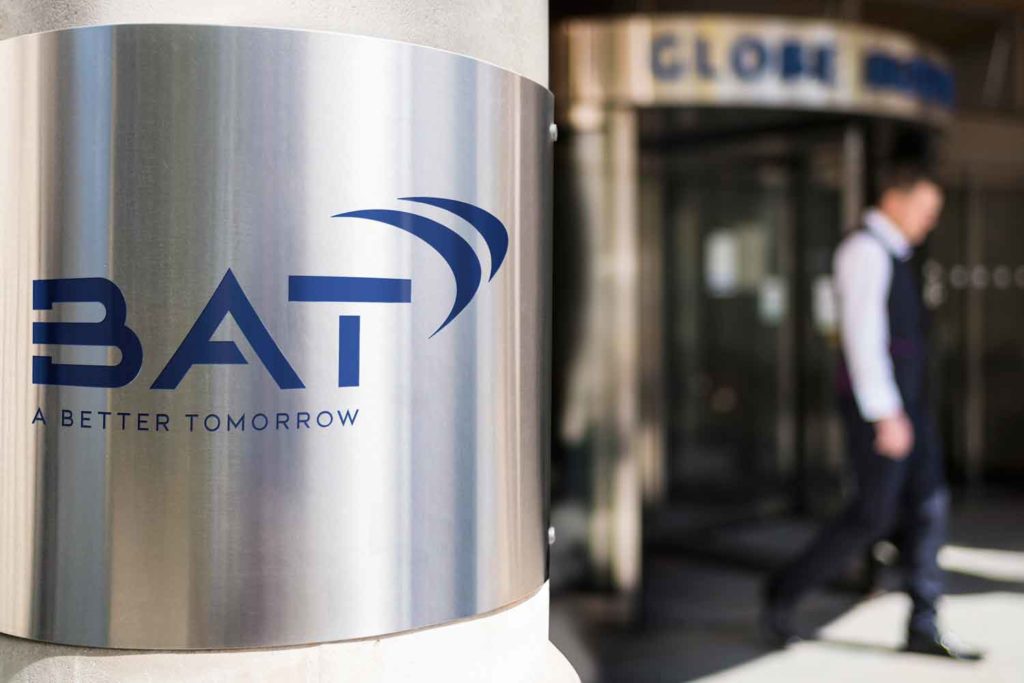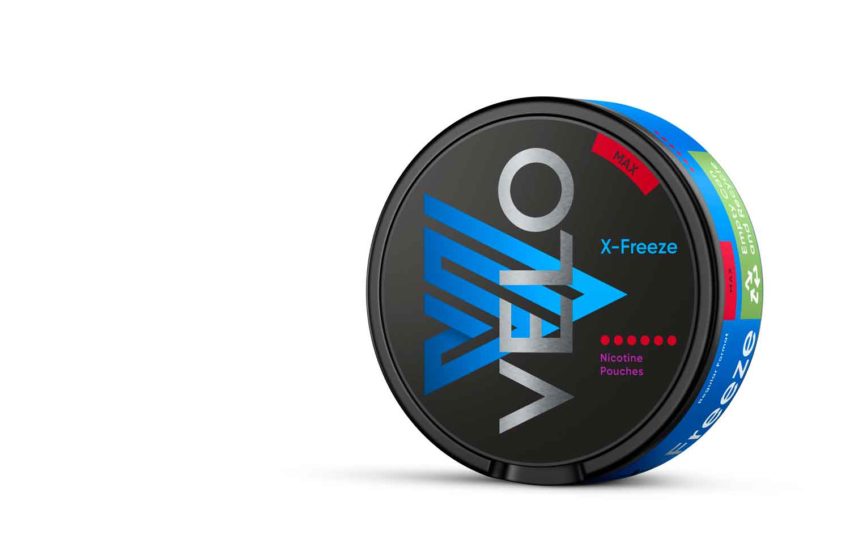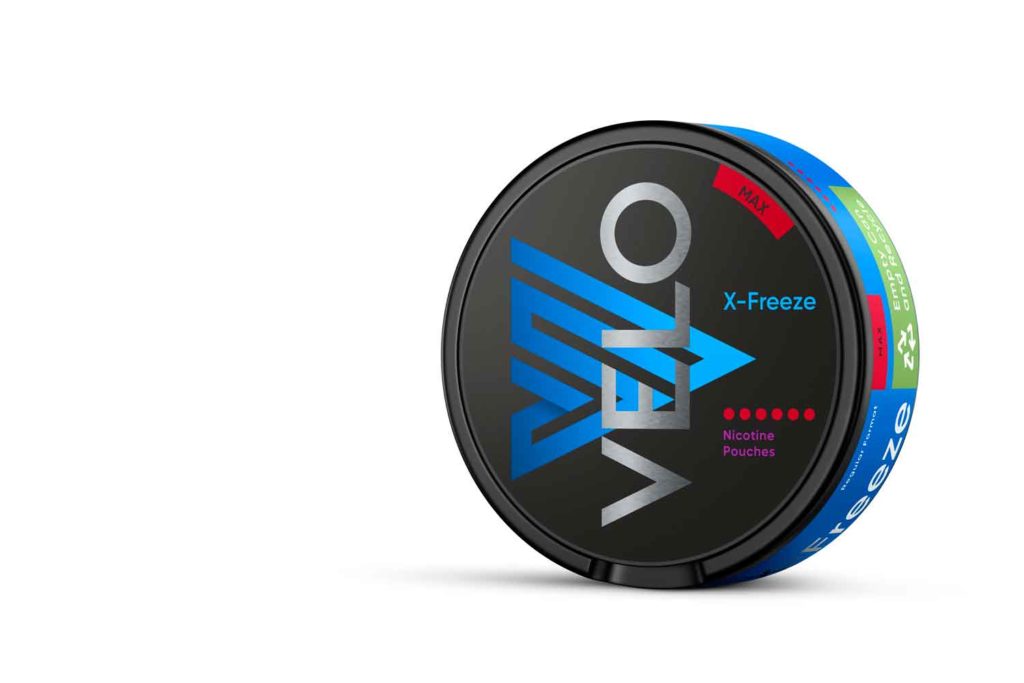
BAT is investing £48.2 million ($57.4 million) in Charlotte’s Web Holdings. Based in Colorado, USA, and listed on the Toronto Stock Exchange, Charlotte’s Web offers hemp extract wellness products. Its product formats include tinctures, capsules, chews and topicals.
“The appeal of Charlotte’s Web is clear to us: a wide portfolio of high-quality products, strong brand equity, an extensive retail presence and robust B2C e-commerce platform serving a loyal U.S. consumer base and a track record of in-depth scientific research,” said BAT Chief Growth Officer Kingsley Wheaton in a statement.
“Our investment in Charlotte’s Web represents another step for BAT in our exploration beyond tobacco and nicotine.”
“This investment will provide Charlotte’s Web with funding that we anticipate will help unlock deeper and broader research and development that is key to our continued innovation, global footprint and the advancement of our intellectual property portfolio,” said Jacques Tortoroli, CEO of Charlotte’s Web.




















